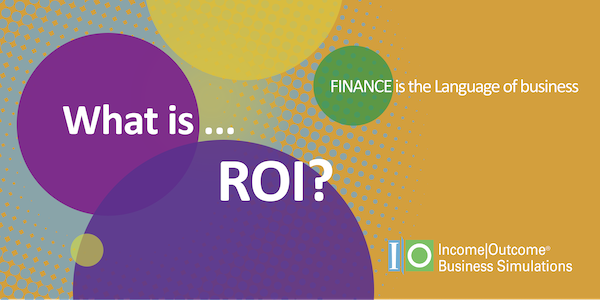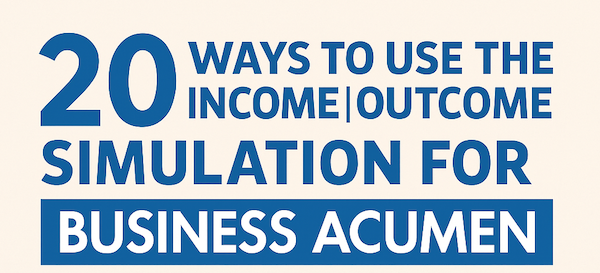Finance Training can be compressed happily and effectively

Published Date
In February 2014, Singapore's Ministry of Manpower released the "Labour Force in Singapore, 2013" report, revealing that nearly one-third of the nation's workforce underwent structured training to enhance job skills in 2013—a proportion that has been increasing in recent years.
However, the duration of training for this segment has been decreasing: from 17.1 days in 2010 to 12.2 days in 2013. Employers find it challenging to allocate extended periods for employee development, opting instead for shorter programs or online modules, yet still expecting comprehensive learning outcomes.
This trend is humorously captured in Lee Chee Chew's cartoon: "Chew On It!" comic strip, which often reflects on societal issues in Singapore.

Finance training, in particular, can be perceived as monotonous, often relying on lengthy presentations and dense materials. Without a holistic understanding of how various business components interconnect—such as accounting, finance, costing, and marketing—learners may struggle to grasp the relevance and application of each part.
Income|Outcome addresses this challenge by offering simulations that provide a comprehensive view of business operations. Our gameboard serves as both a representation of a company's operations and its financial statements, allowing participants to visualize assets, debt-to-equity ratios, cost structures, and cash flows at a glance. This interactive approach enables learners to see the immediate impact of their decisions and understand their competitive position within the industry.
By integrating all aspects of business into a transparent model, participants can easily comprehend, prioritize, and retain information. The engaging nature of the simulation fosters active learning, leading to better retention and application of concepts. Moreover, this model is versatile enough to represent any real-world company, from small enterprises to large corporations, providing a valuable thinking tool throughout one's career.
This holistic perspective encompasses both the internal financial view (cost structure, cash flows, capital investment) and the external market view (client opportunities, competitor threats, pricing constraints), illustrating the interconnections between all departments.
Income|Outcome's experiential approach enables training departments to deliver impactful learning experiences within shorter timeframes, aligning with the current trend of reduced training durations. By providing a memorable and practical context, we ensure that participants are engaged and equipped with the knowledge they need in a matter of hours or days, rather than weeks or months.
Note: This post references data from the "Labour Force in Singapore, 2013" report by the Ministry of Manpower and acknowledges the work of cartoonist Lee Chee Chew.



